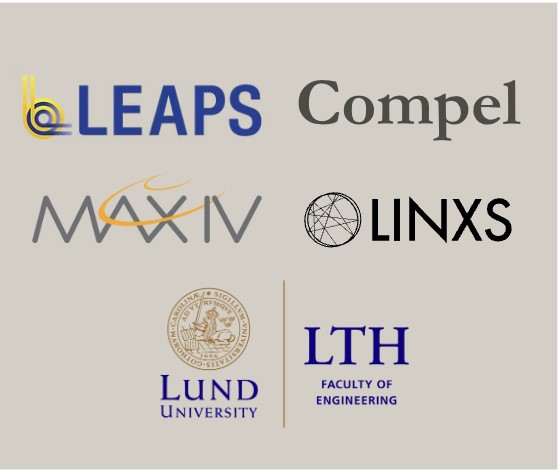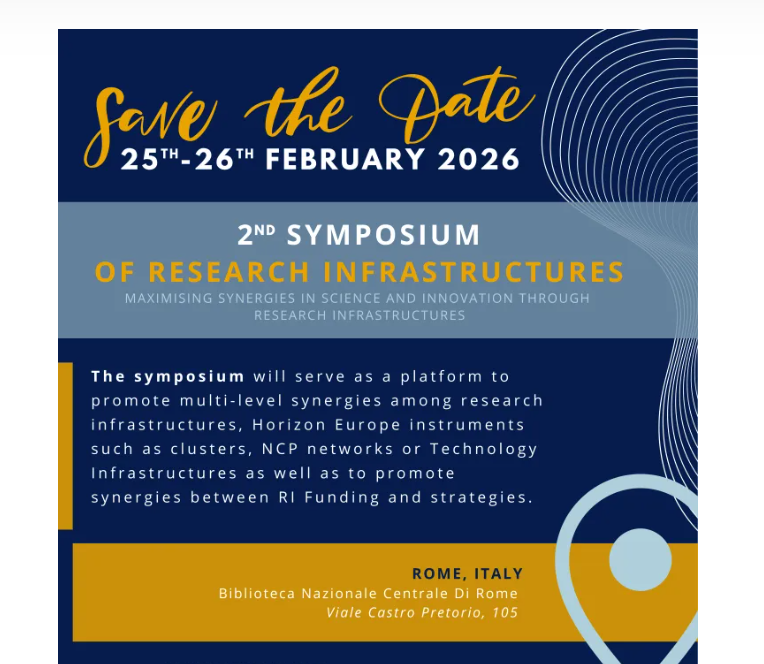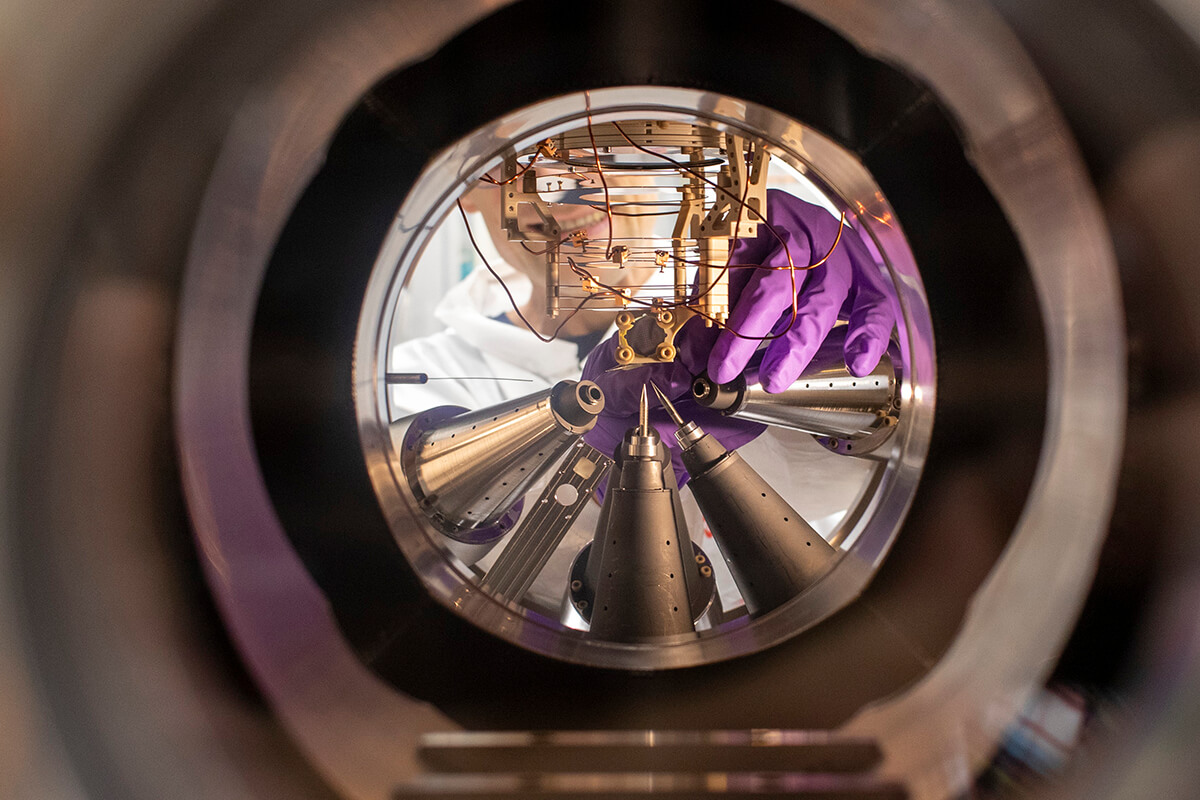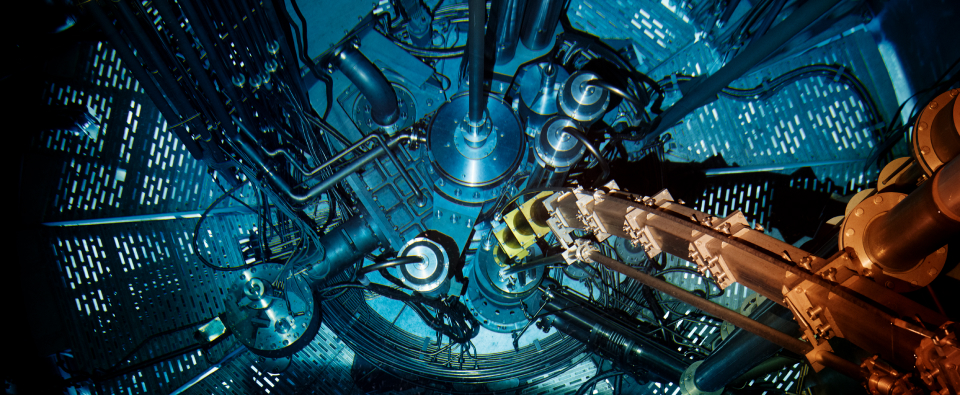The project will deliver access to the world-class collective of Europe’s premiere open advanced neutron (N), synchrotron (SR) and free-electron laser (FEL) complementary research infrastructures (RI), to promote curiosity driven excellence in research.
In NEPHEWS the RI institute in a novel approach jointly with their 40k+ user base of scientists through Users Organisations to provide a user-driven access program targeting new and non-expert communities, with a focus on Widening countries, Ukraine and Africa, a priority. The bottom-up User-to-User-oriented approach aims to build an integrated European RI landscape involving LEAPS and LENS consortia and their European scientific user communities.
NEPHEWS is unique in many aspects:
NEPHEWS is focused on accomplishing several key goals:
The NEPHEWS Consortium includes 21 national and international RI facilities (9 synchrotrons, 6 neutrons, and 6 FELs) in Europe and the Middle East, along with 2 user organizations.
The work is organized into 18 Work Packages, covering various networking, training, and Transnational Access Activities.
NEPHEWS offers:
These initiatives are supported by virtual access, workshops, schools, and proposal writing assistance. All efforts aim to build expertise, foster collaborations, and widen user access across the European Research Area (ERA).



